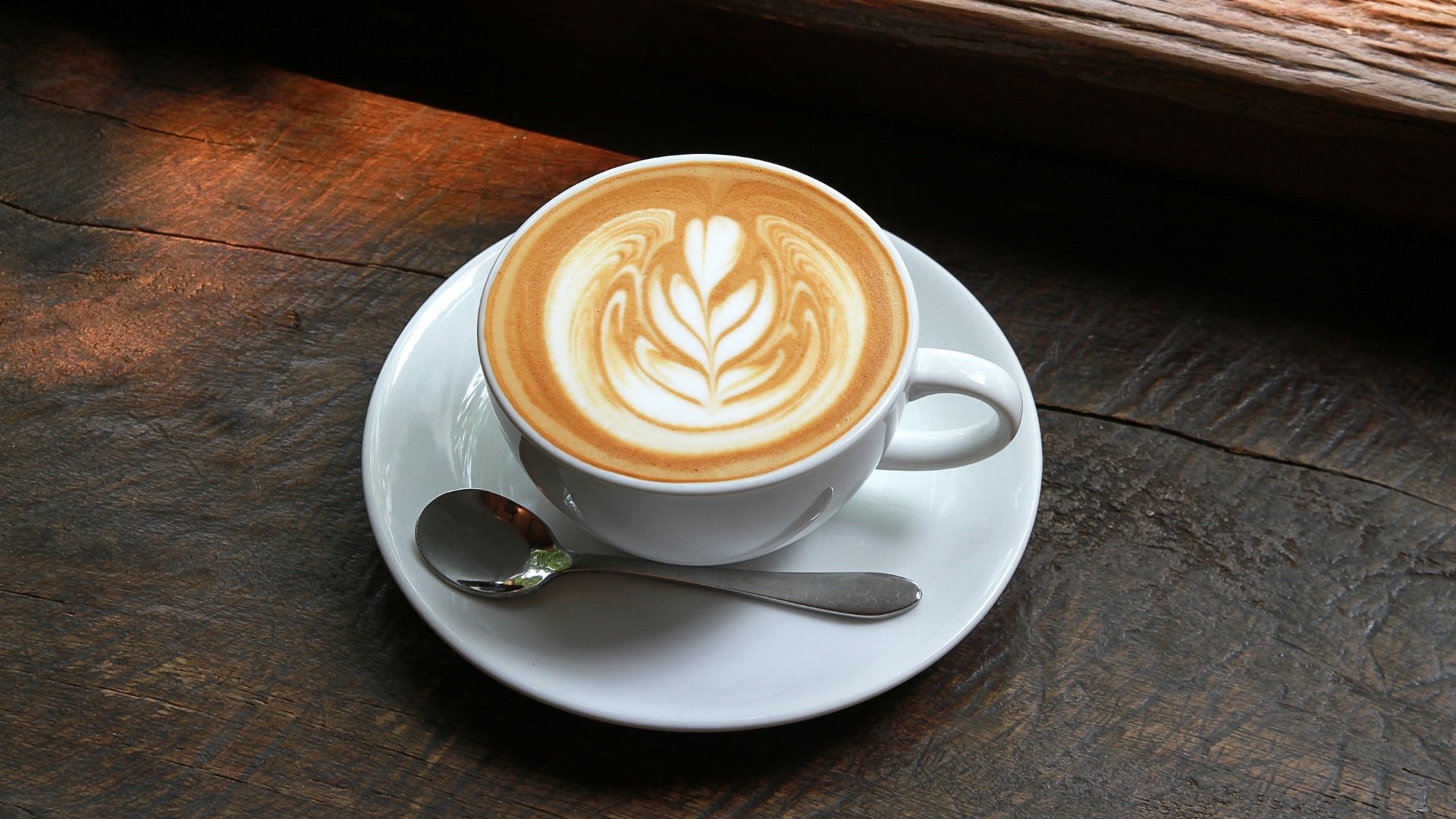Emirati cuisine offers a window into the UAE’s heritage, shaped by Bedouin traditions, coastal fishing, and desert agriculture. Each dish tells a story: Machboos, a spiced rice with meat or seafood; Harees, a slow-cooked wheat and meat porridge; and Luqaimat, sweet dumplings, reflect the Gulf’s bounty, patience, and warmth of hospitality.
Dubai’s top culinary venues bring this legacy to life with saffron-infused rice, delicately spiced meats, and slow-cooked lamb, echoing the desert, the Gulf, and ancient trade routes. Every bite delivers comforting, nuanced flavours, showcasing a craft honed over centuries.
The setting is as vital as the cuisine, where thoughtful presentation, refined atmosphere, and expert culinary craft turn each meal into a fully immersive and memorable experience. Only Dubai’s most exceptional dining venues can achieve this level of refinement, turning Emirati cuisine into a celebration of heritage and luxury.
At a Glance:
- Emirati food reflects the UAE’s heritage, combining slow-cooked meats, fragrant rice, fresh seafood, and aromatic spices.
- Saffron, cardamom, and dates are key to its flavour, while traditional dishes like machboos, harees, and luqaimat offer a sensory journey.
- Dubai’s top restaurants, Al Khayma, Al Fanar, Logma, Al Mallas, and Aseelah, deliver exceptional experiences, where meticulous preparation, respect for tradition, and thoughtful settings elevate every meal.
- For those ready to explore beyond local palates while taking in the city, DOORS Dubai pairs Mediterranean-inspired dishes with one of the highest vantage points over the Dubai Fountain.
A Symphony of Spice and Soul
Too often, Emirati cuisine loses its essence, with overcooked meat, flat rice, overly sweet desserts, and lost flavour due to missing spices. Dates are sidelined, and slow cooking, the heart of each dish, is skipped.
The finest kitchens, however, adhere to this time-honoured method of using local ingredients, balanced spices, and slow-cooked harees and machboos, ensuring that each dish retains its depth, aroma, and true Emirati character.
1. Al Khayma Heritage Restaurant
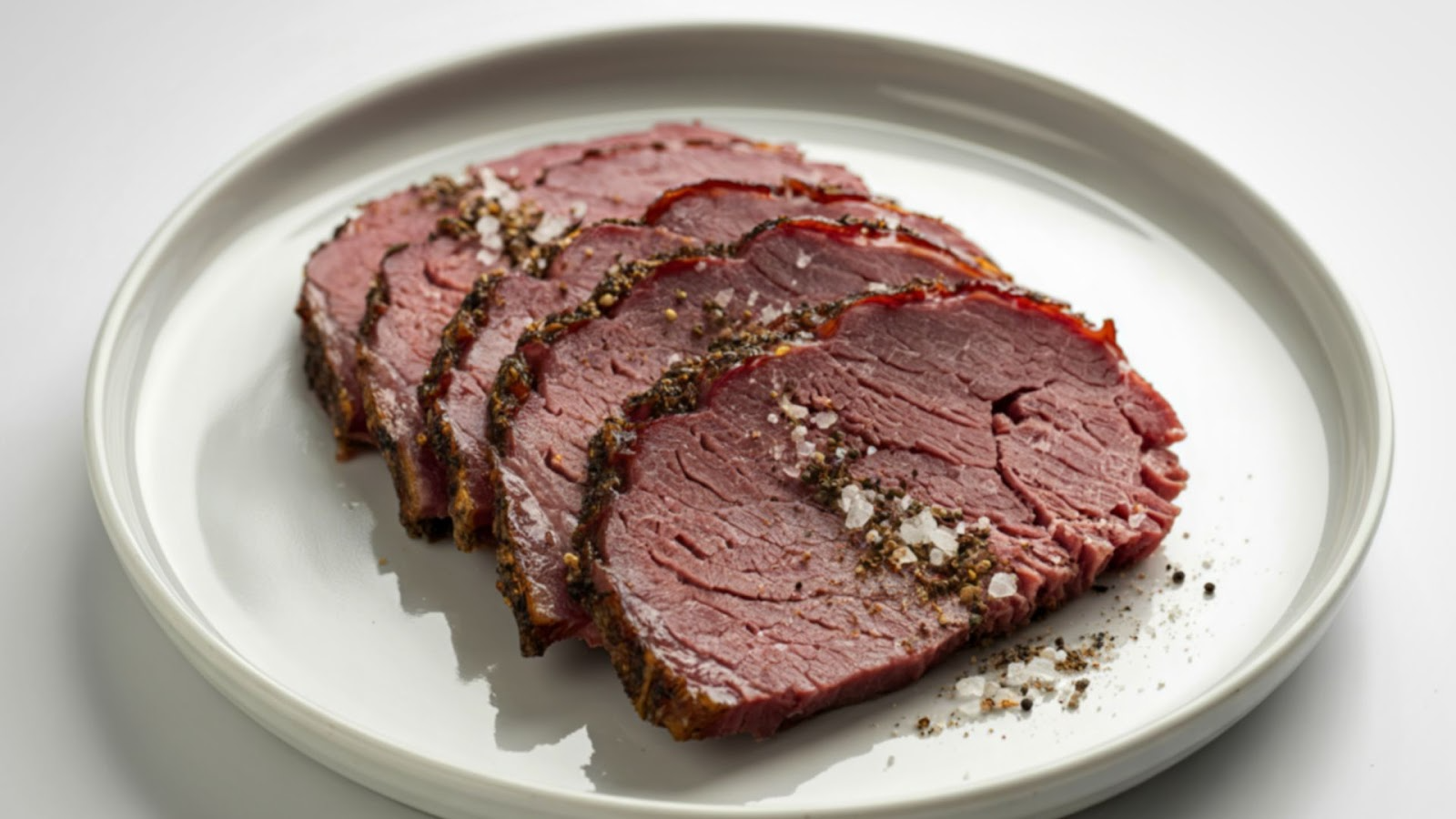
Al Khayma offers a journey into the Emirati heritage in Dubai’s historic Al Fahidi quarter. Tender lamb machboos, perfectly spiced harees, and delicate luqaimat unfold authentic flavours, while elegant décor, live oud music, and the theatre of open‑kitchen bread baking elevate the experience. Every detail honours the culture, making it a sophisticated destination for discerning lovers of Emirati cuisine.
Average Spend per Person: AED 225
2. Al Fanar Restaurant & Café
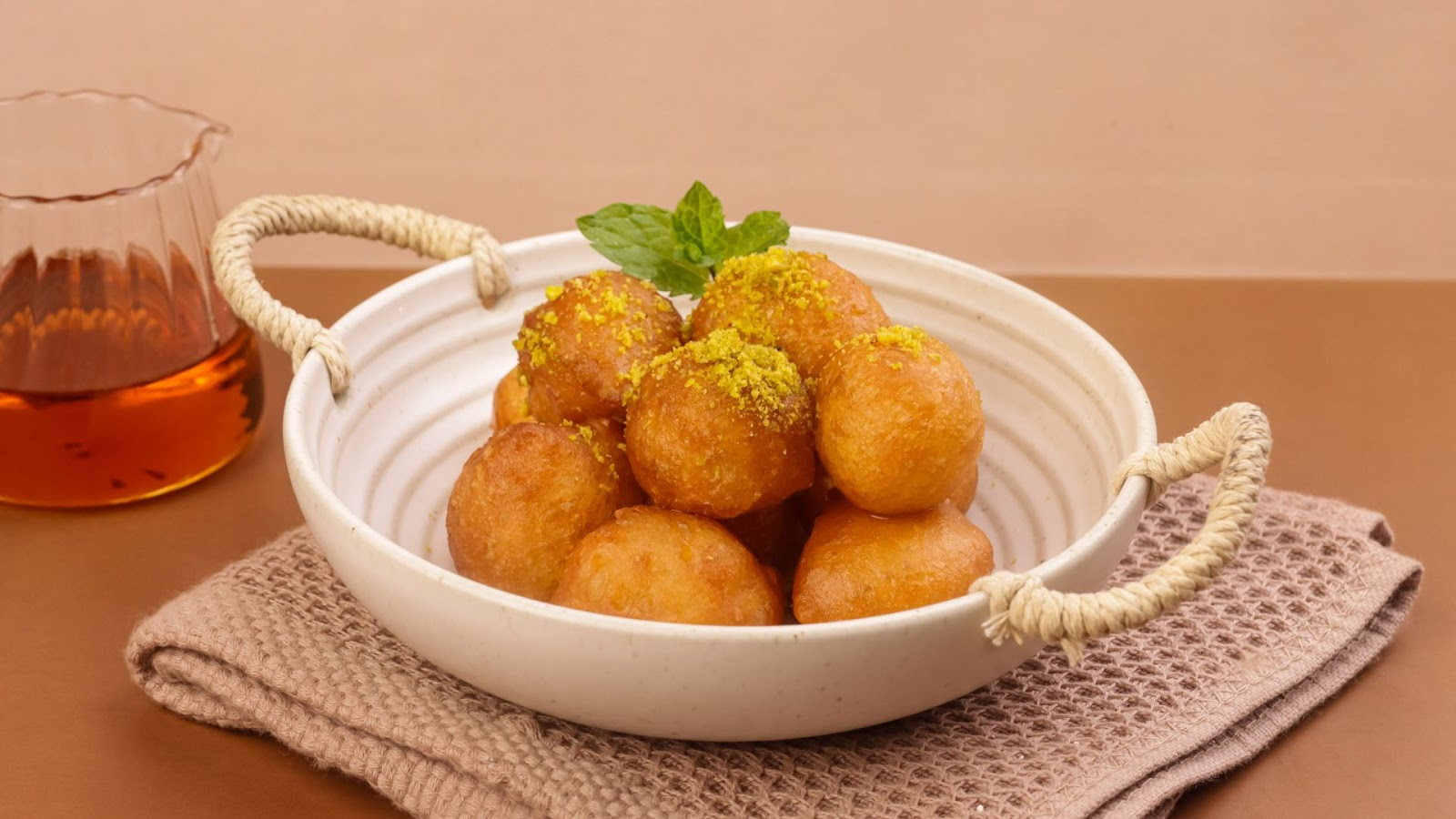
The draw of Al Fanar Restaurant & Café lies in its ability to make Emirati heritage tangible; every dish, from saffron-kissed lamb machboos to honeyed luqaimat, tastes of history and place. The décor evokes a 1960s Dubai street, featuring lanterns, vintage photos, and traditional seating, making dining here more than just a meal; it’s an immersive journey into the soul of the Emirates.
Average Spend per Person: AED 125 to AED 150
3. Logma
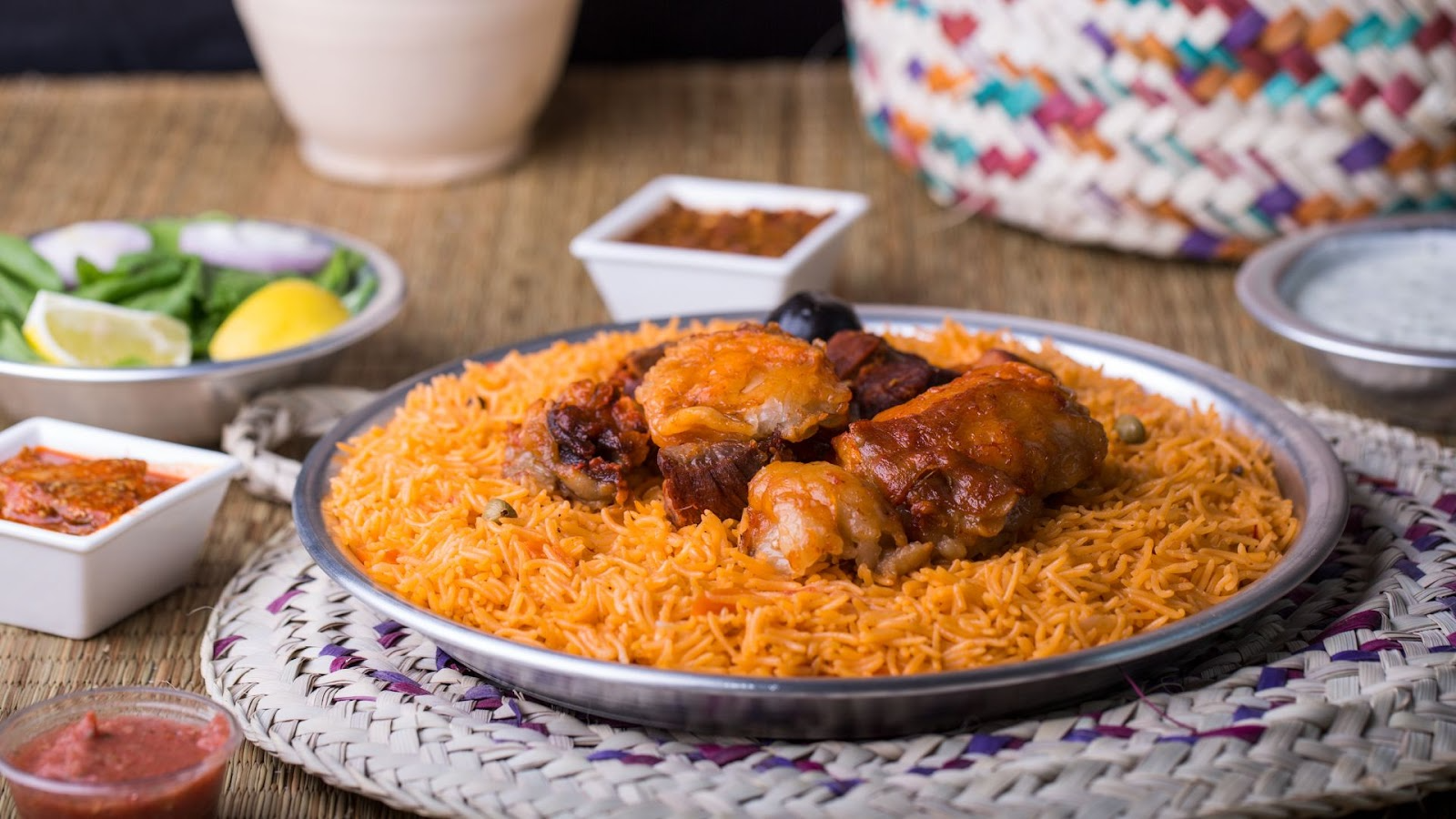
Logma reimagines the Gulf cuisine with a modern twist, offering familiar flavours in unexpected ways. Classic dishes, such as machboos and khameer sandwiches, sit alongside inventive creations, all served in a lively, contemporary space within The Dubai Mall. The Dubai Fountain outside provides a view as vibrant as the dishes themselves.
This perspective finds a quieter, elevated counterpart in the Mediterranean-inspired offerings at DOORS Dubai, just a level above.
Average Spend per Person: AED 110 to AED 120
4. Al Mallas
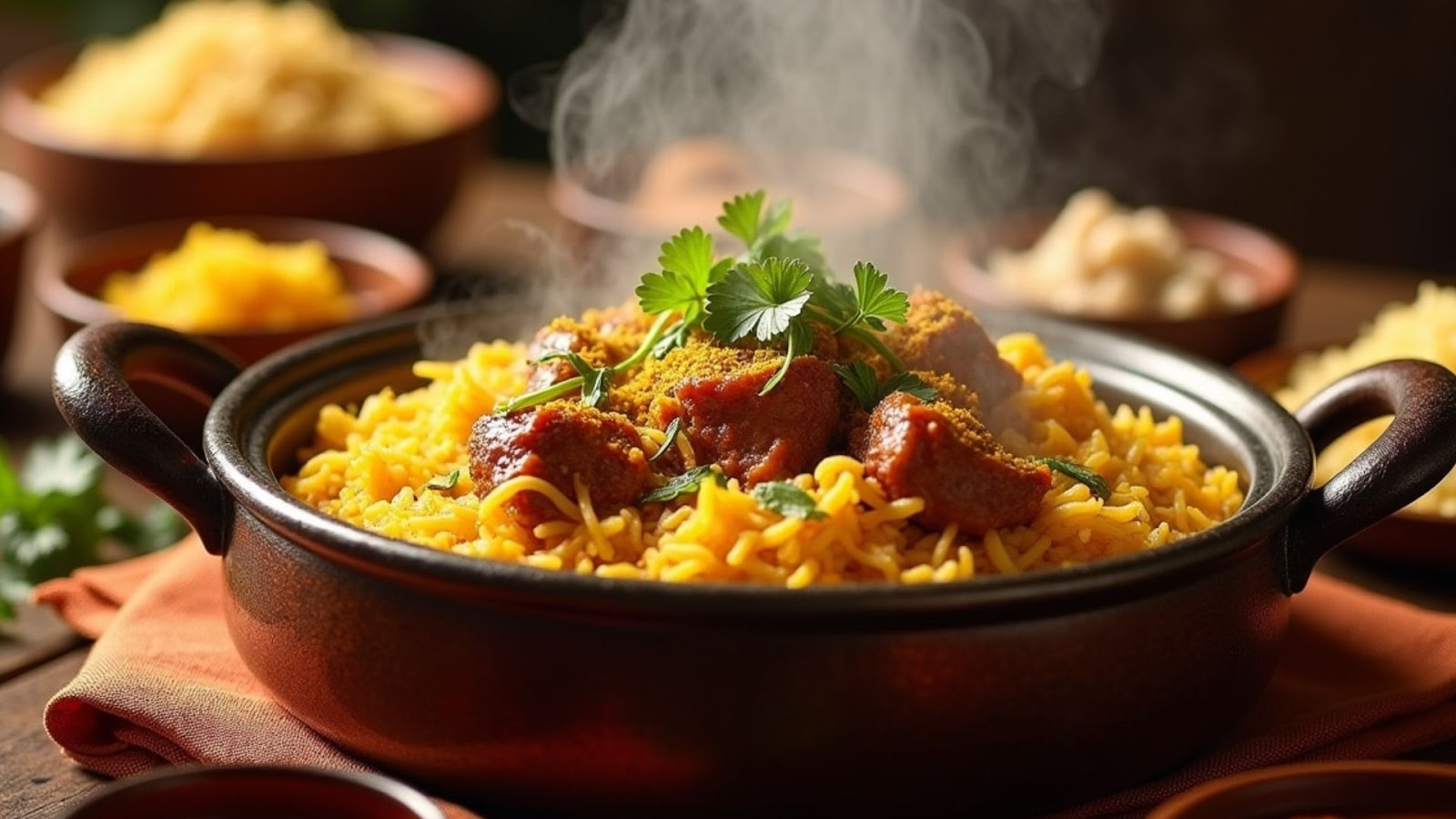
Al Mallas captures the soul of UAE home cooking in an understated, unassuming setting on Jumeirah Beach Road. Here, machboos steams with layered spices, mandi melts off the bone, and each biryani carries a whisper of tradition. The charm lies in its simplicity, with no frills and no spectacle, just food that feels honest, grounded, and unmistakably local..
Average Spend per Person: AED 50 to AED 70
5. Aseelah

Aseelah offers a sophisticated journey into Bedouin cuisine within the Radisson Blu, Deira Creek. Slow-cooked lamb ouzi, fragrant harees, and delicate date puddings honour tradition, while subtle modern touches elevate each dish. Elegant interiors, warm lighting, and culture-inspired décor create an intimate, refined atmosphere. Here, Emirati tastes unfold with care and nuance, making every meal a curated taste of the UAE.
Average Spend per Person: AED 130 to AED 150 (à la carte) or AED 179 to AED 260 (buffet)
Dubai Dining Beyond UAE Traditional Food
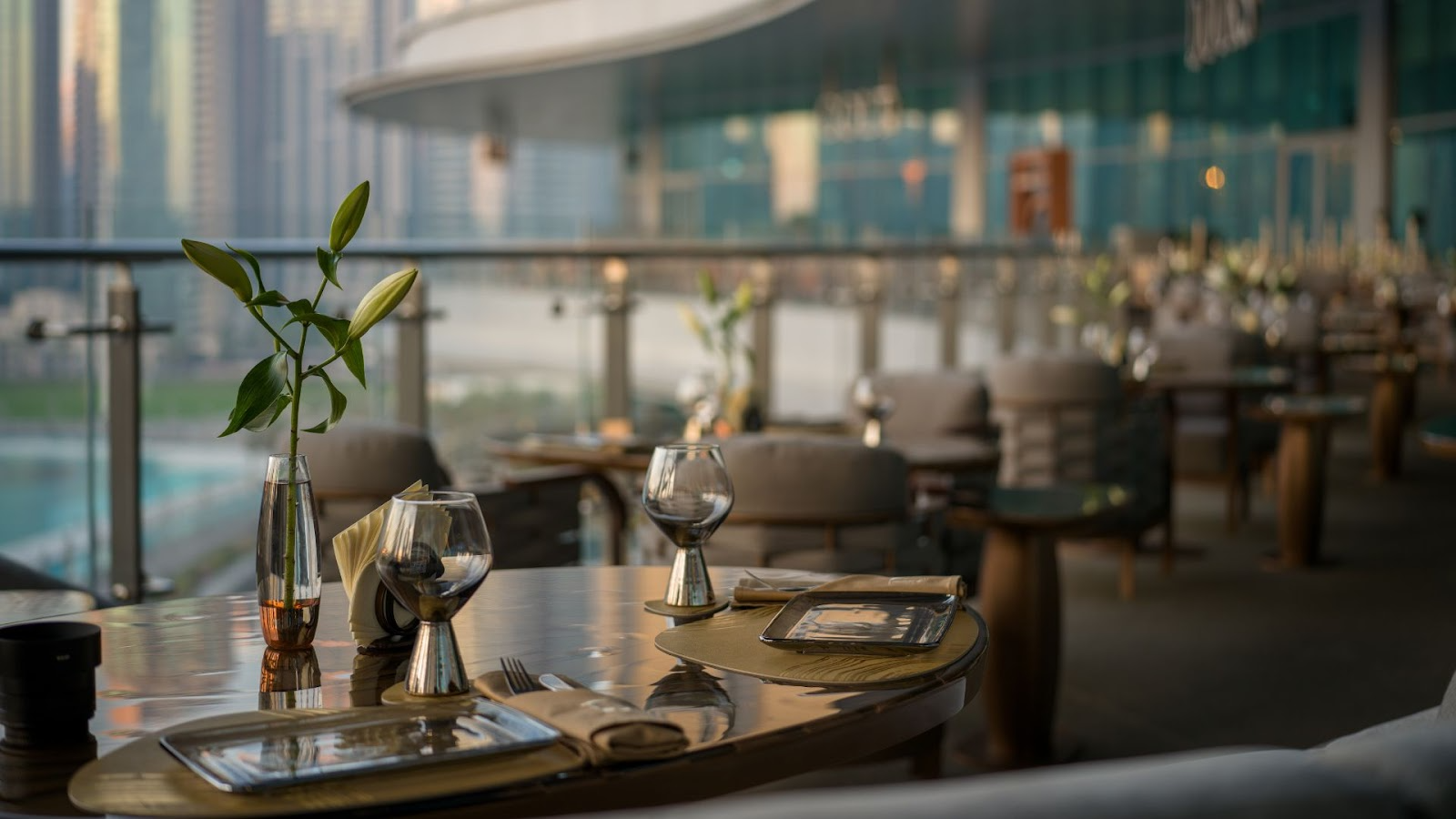
Emirati cuisine offers a natural starting point for exploring Dubai, yet the city’s culinary story stretches far beyond its roots. To truly take it in, one needs a vantage point that captures the skyline in all its scale: the glittering towers, winding waterways, and iconic landmarks. From above, the city’s energy, architecture, and movement unfold in a way that mirrors its vibrant culinary scene.
It is in this setting that DOORS Dubai elevates the experience. From its position on Level 4 of the Fashion Avenue, the restaurant pairs expertly grilled steaks, fresh seafood, and inventive fusion creations with panoramic views of the Dubai fountain and skyline. Every bite is a visual and culinary delight, where internationally acclaimed Chef Kemal Çeylan’s creations meet the city’s grandeur, while the service offers a refined reflection of Emirati hospitality.
Reserving a table guarantees the best seats to experience Dubai at its finest. For those seeking an elevated, immersive experience, the Presidential Table complements the menu with personalised service and a fully curated selection, allowing each meal to become a refined journey of taste and view.
FAQs
1. What defines Emirati cuisine?
Emirati cuisine features slow-cooked meats, fragrant rice, fresh seafood, and locally sourced spices, including saffron, cardamom, and turmeric. It reflects the UAE’s desert and coastal heritage.
2. What are must-try traditional Emirati dishes?
Harees, machboos, luqaimat, mandi, and lamb ouzi are among the most iconic dishes representing Emirati culinary heritage.
3. Is Emirati food spicy?
Not necessarily. Emirati cuisine emphasises aromatic spices over heat. Flavours are layered and balanced, highlighting natural ingredients.
4. Where can I experience authentic Emirati food in Dubai?
Restaurants such as Al Khayma Heritage Restaurant, Al Fanar, Logma, Al Mallas, and Aseelah are renowned for serving authentic and carefully crafted Emirati cuisine.
5. Is Emirati cuisine suitable for vegetarians?
While meat and seafood dominate, many restaurants offer vegetarian-friendly options, including spiced rice dishes, salads, and desserts like luqaimat.





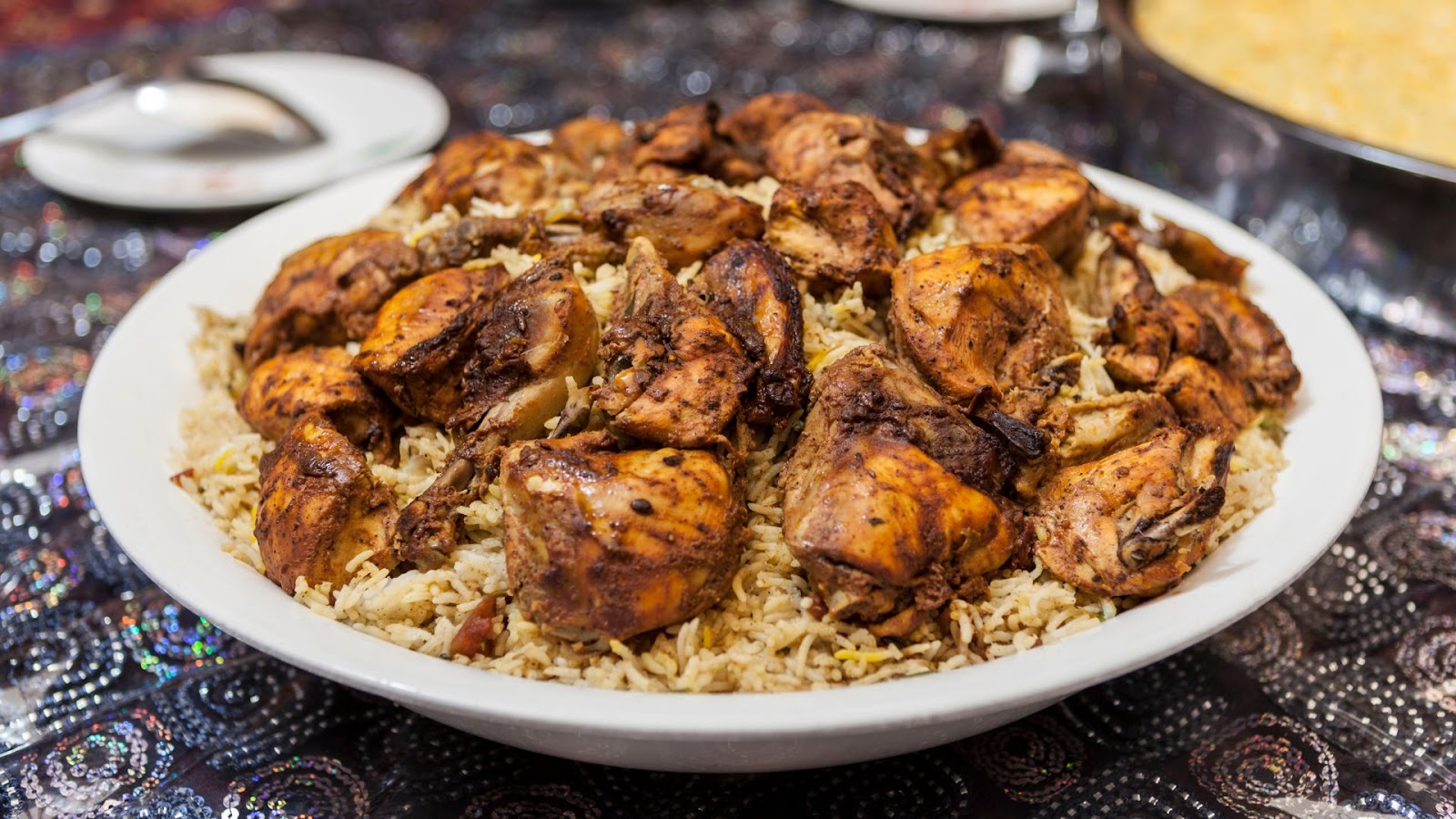
.png)
.svg)
